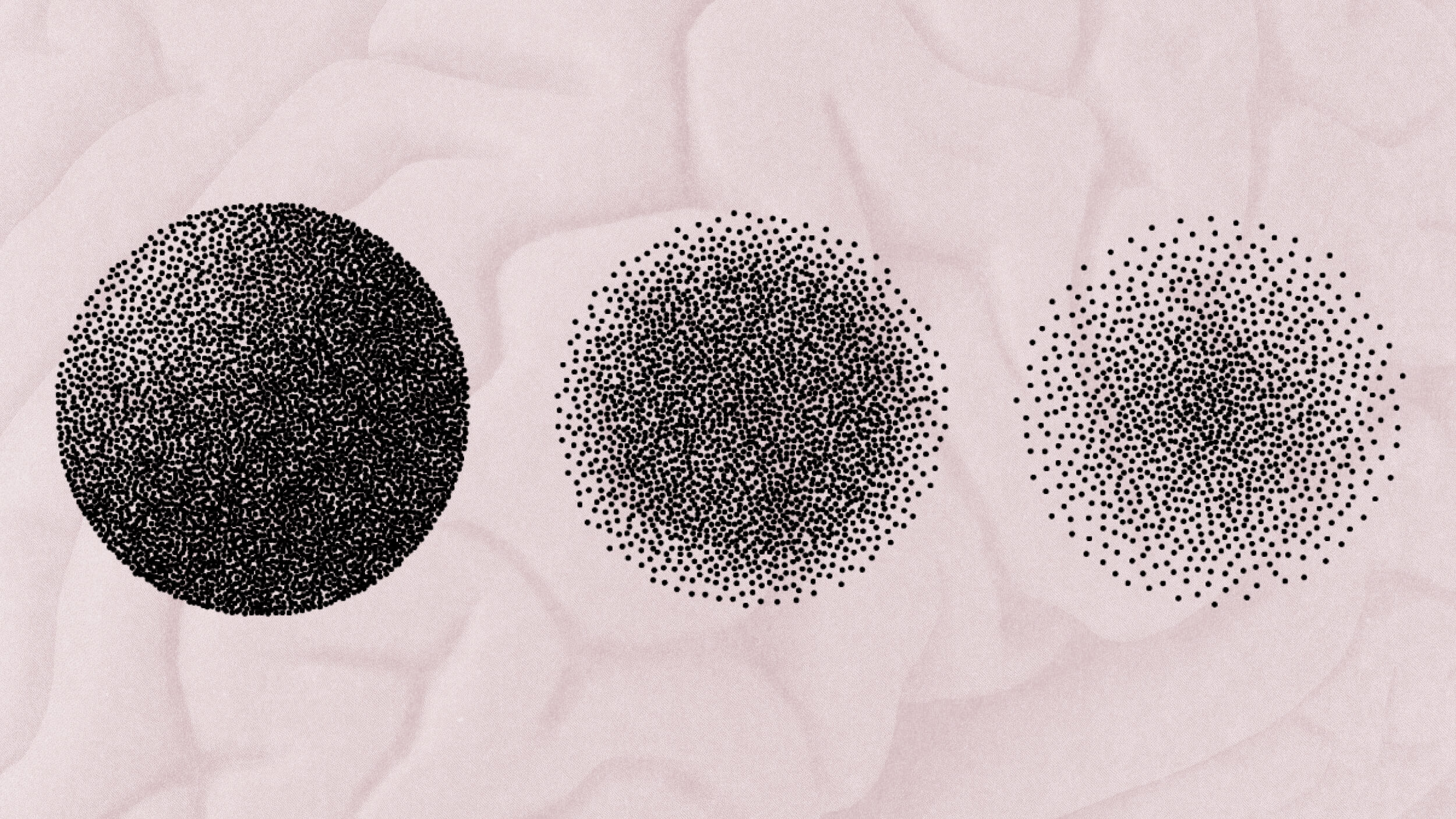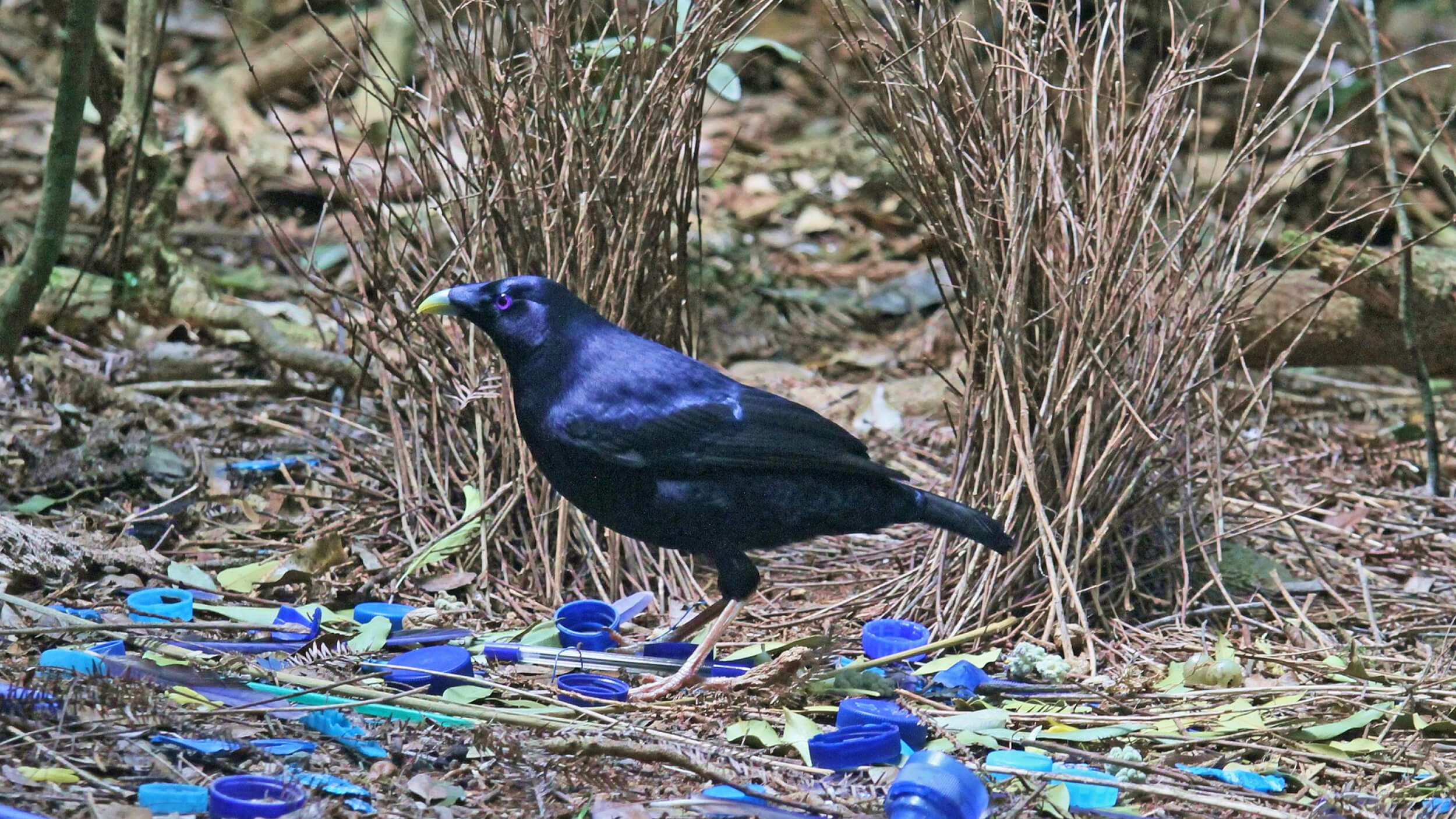The older generations tend to be more conservative, Khakpour says.
Khakpour: Yes, I do actually. I think that people are often fascinated to know a lot of the Iranians who are my parents’ age, for instance, who are living in Los Angeles – many of them are conservative Republicans. Many of them were big Reagan supporters. Their politics tend to lean towards the right, and I think it took them some time to reconsider what the whole … dynasty was about, and why the revolution happened the way it did. You know so . . . And then I think this younger generation has tried to investigate that more so. And this younger generation definitely seems very liberal and, you know, left wing. And . . . This is an interesting question actually.
Well I can speak about it also culturally, especially where books are concerned. I see a major divide in what I’m writing, or what other of the hyphenated Iranians are writing, versus what the generation before us wrote. You know there . . . They tended to sort of fall into the exoticization of Middle Eastern people much more easily and much more readily. I think that’s why you’ll find that some of the literature that’s come out of Iran – and by that I mean the literature that’s been written abroad – has not been so high quality in the last couple decades. But I think the hyphenates, so to speak, I think we’re more interested in style. We’re more interested in art. We’ve crossed that hurdle of “otherness” a little bit, and quality has become an issue again. We’re not . . . We’re not being so rapidly pursued by publishers and agents who wanna, you know, capitalize on the hot, new minority. There’s a little bit of that. But now because there’s been several of us, there is room for questions of quality in art. And that’s . . . I’m very excited about this generation. You also have to remember that, you know . . . I just turned 30. And all the, again, hyphenates, if I can say that . . . All the hyphenates creating art, or writing, or music, they’ll all be around my age because most Iranians left Iran, you know, 1979, ’80, ’81, right? So . . . And those who were born here or abroad would all be in their late twenties or, you know, like me maybe born in Iran, but then they came here at a young age. So they can fall into the hyphenate phenomenon. So this is a young group of artists, but there is a lot of urgency I think. And as the political climate grows more and more precarious, I think they’ve had . . . felt a need to put their art out there, but like I said in a very different way than the previous generation who, you know, were coming out with works in the ‘80s and ‘90s. The urgency wasn’t there, and the novelty was. So I think that can sometimes create compromised art.
Recorded on: 1/18/08





